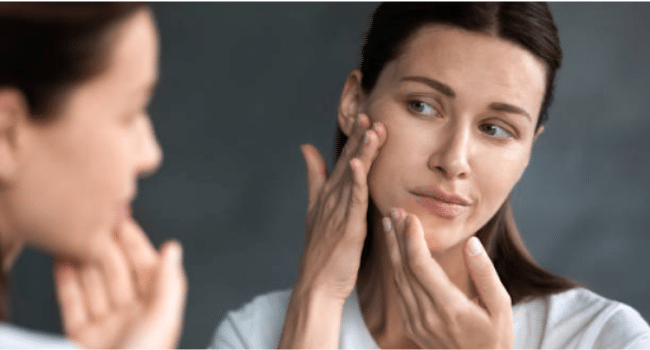Table of Contents
Acne or pimple is mainly a condition of the hair follicles that are present on the skin of the face, back, and chest. It impacts a majority of teenagers during puberty. But many women also develop pimples when they are in their mid and late twenties. Three kinds of lesions characterize acne.
They include the blackhead (comedo), the inflammatory papule, and the pimple (pustule). For experiencing long-term improvement in this skin condition, you can seek advanced pimple treatment procedures like laser treatment, light therapy, and chemical peels.
Such innovative treatment procedures are tailored according to your specific acne condition. Here are some of the effective treatments for pimples.
What’s the Right Time to Start Acne Treatment?
The right time to begin the treatment process is when you find the pimples becoming bothersome. You should also get professional help when the pimples start scarring your skin. It can happen when acne flares unexpectedly or when the mild acne just wouldn’t leave your skin.
Ways to Treat Pimples
There are various ways to treat this skin condition. From using cleansers to advanced treatments, there’s much that you can do.
Keep your skin well-cleansed
Those having pimples should wash their face with a mild cleanser once or twice a day. Use products having salicylic acid as it’s a mild peeling agent. It removes the exterior skin layer and open pores.
Use antibacterial creams and lotions.
Antibacterial cleaners usually contain an ingredient called benzoyl peroxide. It is very effective in killing surface bacteria. Apart from them, you can also use topical lotions and creams on the area covered by the pimple.
These topical products contain ingredients like resorcinol and sulfur, apart from benzoyl peroxide. They also help in reducing bacteria and prevent the chance of you experiencing flare-ups.
Get professional treatments
To control your acne for the long term, it’s best to seek a trained dermatologist. Some of the professional treatments for dealing with pimples include the following:
- Topical antibacterial – These are applied externally and are usually the first treatment line that dermatologists use. Topical antibiotics include erythromycin, clindamycin, azelaic acid, and dapsone.
- Retinol – Retinol is widely used by professional dermatologists for treating pimples. Some new retinoids include tazarotene and adapalene. These medications unclog the pores, and you need to apply them once a day.
- Oral antibiotics – For those who experience inflamed acne, oral antibiotics are usually recommended. If you are suffering from mild acne, these are suggested to be applied topically. But if you suffer from moderate to severe acne, taking them in tablets or capsule form will be beneficial.
- Spironolactone is a type of oral drug that blocks the hormone androgen IQ receptors. This drug helps some women to deal with resistant acne. Its also easily tolerated by younger women.
Another treatment for acne or pimples is cortisone injections. A dermatologist injects them on your skin to flatten out big cysts and pimples.
- Yet another popular treatment option is isotretinoin. Doctors mainly use it for patients who suffer from severe acne flare-ups that are major of the cystic variety. The therapy often results in outcomes that are long-lasting.
It’s essential to understand the root cause of pimples. If you are experiencing them frequently, it’s wise to seek a reliable pimple treatment from certified dermatologists.
These professionals comprehensively investigate your skin issues before outlining an appropriate treatment plan. They help you to understand what suits your skin. Thus, the chances of you experiencing this condition in the future will reduce to a significant extent.
Read more on KulFiy
Best Face Wash For Men | Garnier Acno Fight vs Power White vs Oil Clear | KulFiy
Aloe Vera to replace Botox has a natural remedy for skincare?
